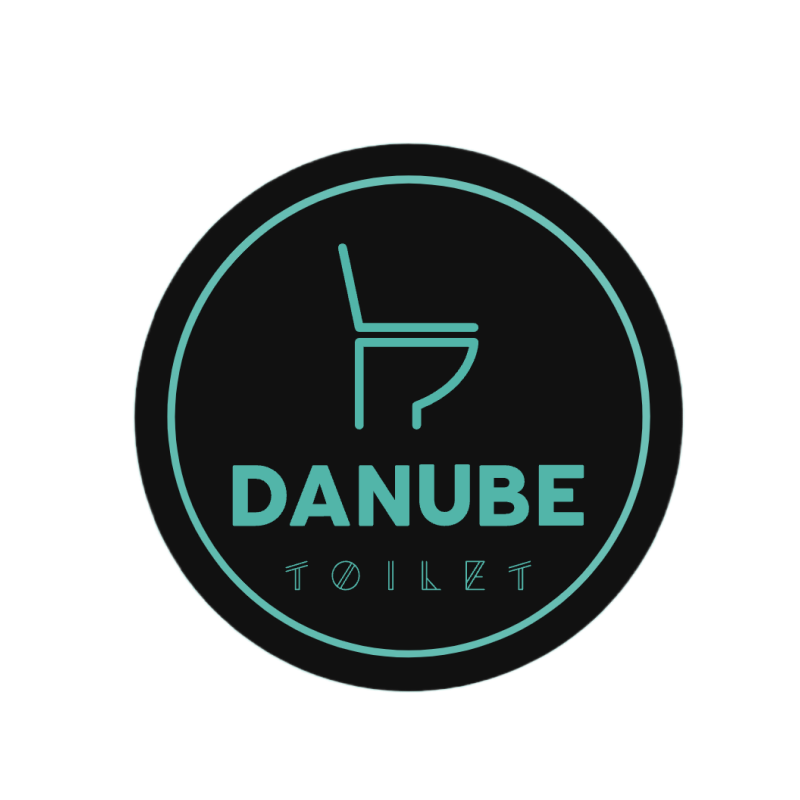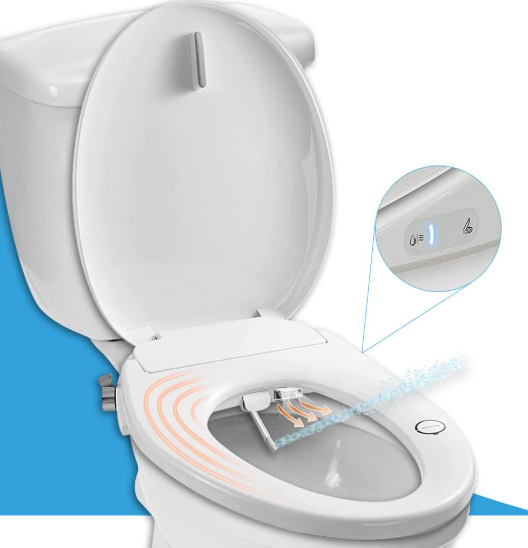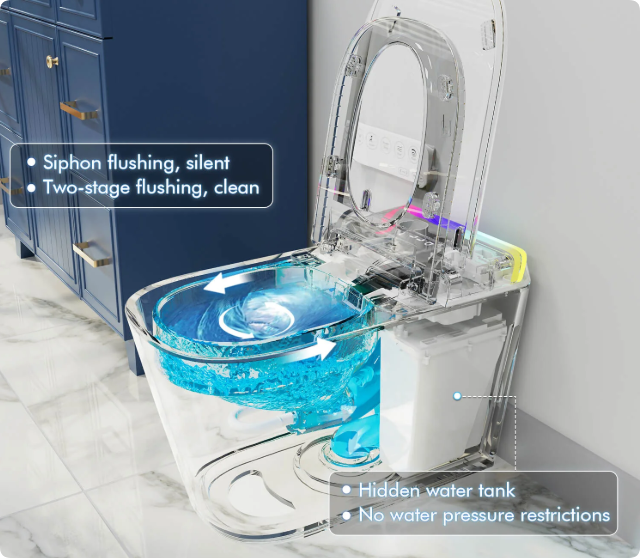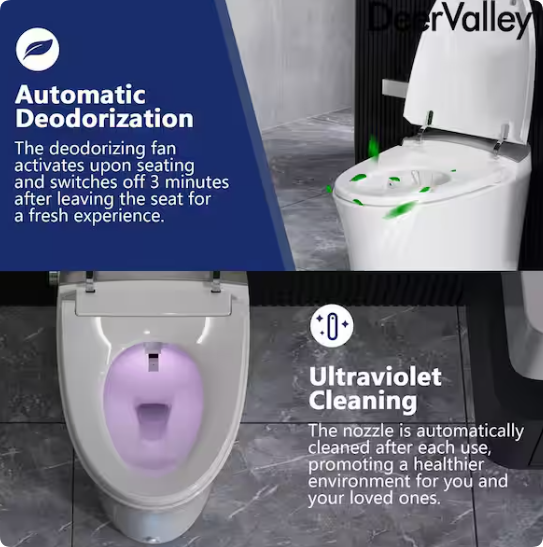Smart toilets are revolutionizing modern bathrooms, offering not only comfort and convenience but also advanced cleaning features. For B2B purchasers, such as wholesalers, retailers, and contractors, understanding whether a smart toilet can truly clean itself is crucial when deciding on procurement strategies. This article delves into the self-cleaning capabilities of smart toilets, explores the technology behind them, compares popular features, and provides actionable insights for global buyers.
What Does “Self-Cleaning” Mean in a Smart Toilet?
The term “self-cleaning” in smart toilets refers to the automatic mechanisms designed to clean the bowl, nozzle, or other components of the toilet without manual intervention. These systems aim to reduce maintenance, improve hygiene, and enhance the user experience.
Key aspects of self-cleaning features include:
- Nozzle Cleaning: Regular sterilization or rinsing of bidet nozzles before and after use.
- Bowl Cleaning: Prevention of stains and bacteria buildup with automated flushing, cleaning sprays, or anti-stain coatings.
- Deodorization: Removal of odors to keep the bathroom fresh.
How Do Smart Toilets Achieve Self-Cleaning?
Smart toilets employ various technologies to achieve self-cleaning. These include:
- Electrolyzed Water Technology
Electrolyzed water, also known as E-water, acts as a natural disinfectant. This water is sprayed in the bowl after each flush, effectively killing bacteria and reducing stains. - UV Sterilization
Ultraviolet light sterilizes the bowl and nozzle by targeting bacteria and viruses. This feature is often paired with nozzle cleaning systems for added hygiene. - Hydrophobic Coatings
Ceramic surfaces with hydrophobic or anti-stain coatings prevent dirt and waste from adhering to the bowl. This technology makes it easier for water to flush away debris. - Auto Flush and Pre-Mist
Smart toilets with pre-misting spray water inside the bowl before use, creating a slick surface that prevents waste from sticking. Auto flush systems ensure the toilet is cleaned immediately after use. - Self-Deodorization
Integrated deodorizing fans pull odors into a filter system, neutralizing them and keeping the toilet environment fresh.
Comparison of Smart Toilet Cleaning Features
Below is a comparison of self-cleaning features offered by various smart toilet models.
| Feature | Electrolyzed Water | UV Sterilization | Hydrophobic Coating | Pre-Mist Technology | Self-Deodorization |
|---|---|---|---|---|---|
| Effectiveness | High | Very High | Moderate | Moderate | High |
| Energy Efficiency | Moderate | Low | High | High | High |
| Maintenance Required | Low | Moderate | Low | Low | Moderate |
| Cost Implication | Moderate | High | Low | Low | Moderate |
Advantages of Self-Cleaning Smart Toilets for B2B Buyers
- Improved Hygiene Standards
Self-cleaning features cater to the demand for superior hygiene in commercial spaces such as hotels, malls, and offices. - Low Maintenance Costs
Reduced need for manual cleaning saves labor costs and ensures consistent cleanliness. - Competitive Market Differentiation
Offering smart toilets with advanced cleaning features can set your product range apart from competitors. - Environmentally Friendly Options
Features like electrolyzed water eliminate the need for chemical cleaners, reducing environmental impact.
Considerations for B2B Procurement
Key Factors to Evaluate
- Technology Integration: Ensure the self-cleaning features meet the hygiene requirements of the target market.
- Power Requirements: Smart toilets with UV sterilization or electrolyzed water may require more power, which might not be suitable for areas with inconsistent electricity supply.
- Warranty and Support: Choose suppliers offering comprehensive warranty and after-sales support to ensure long-term satisfaction for end-users.
Customization with DanubeToilet
As a leading ceramic sanitary ware factory based in Chaozhou, China, DanubeToilet provides ODM and OEM services tailored to your needs. Whether you are sourcing for large-scale orders or small-batch cross-border e-commerce, DanubeToilet offers:
- Customizable Features: Adapt self-cleaning technologies to meet regional market demands.
- Durable Designs: Premium ceramic materials with anti-stain coatings.
- Efficient Logistics: Fast and reliable delivery for global buyers.
Future Trends in Smart Toilet Cleaning Technologies
- AI-Powered Cleaning Systems
Artificial intelligence could enable smart toilets to detect and respond to different levels of dirt and waste buildup.
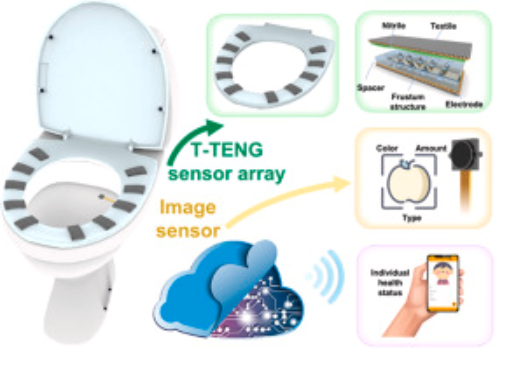
- Green Cleaning Solutions
Innovations in sustainable cleaning solutions, such as biodegradable sprays or reduced water usage, will appeal to eco-conscious markets. - Integration with Smart Home Ecosystems
Expect more smart toilets to integrate seamlessly with home automation systems, providing real-time cleaning status updates and usage analytics.
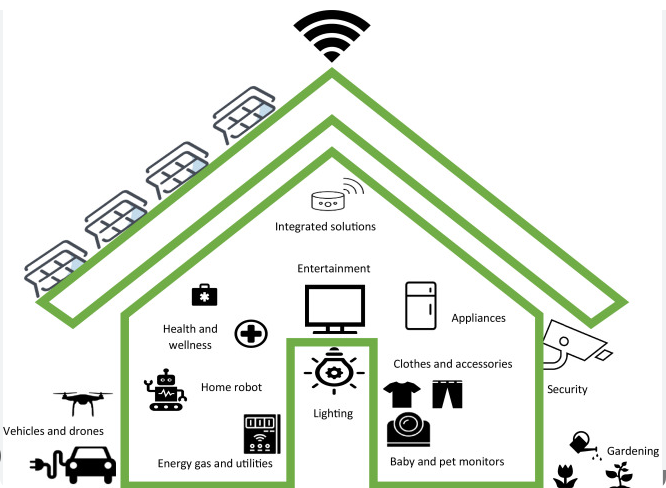
Conclusion: Are Smart Toilets Truly Self-Cleaning?
Yes, smart toilets can clean themselves using advanced technologies such as electrolyzed water, UV sterilization, and hydrophobic coatings. These features not only enhance hygiene but also reduce maintenance efforts, making them an excellent choice for both residential and commercial applications.
For B2B purchasers, partnering with a reliable manufacturer like DanubeToilet ensures access to cutting-edge smart toilets with customizable self-cleaning features, meeting the demands of various global markets.
By investing in self-cleaning smart toilets, businesses can provide superior user experiences, lower operational costs, and stay ahead in a competitive market. Contact DanubeToilet today to explore tailored procurement solutions!
